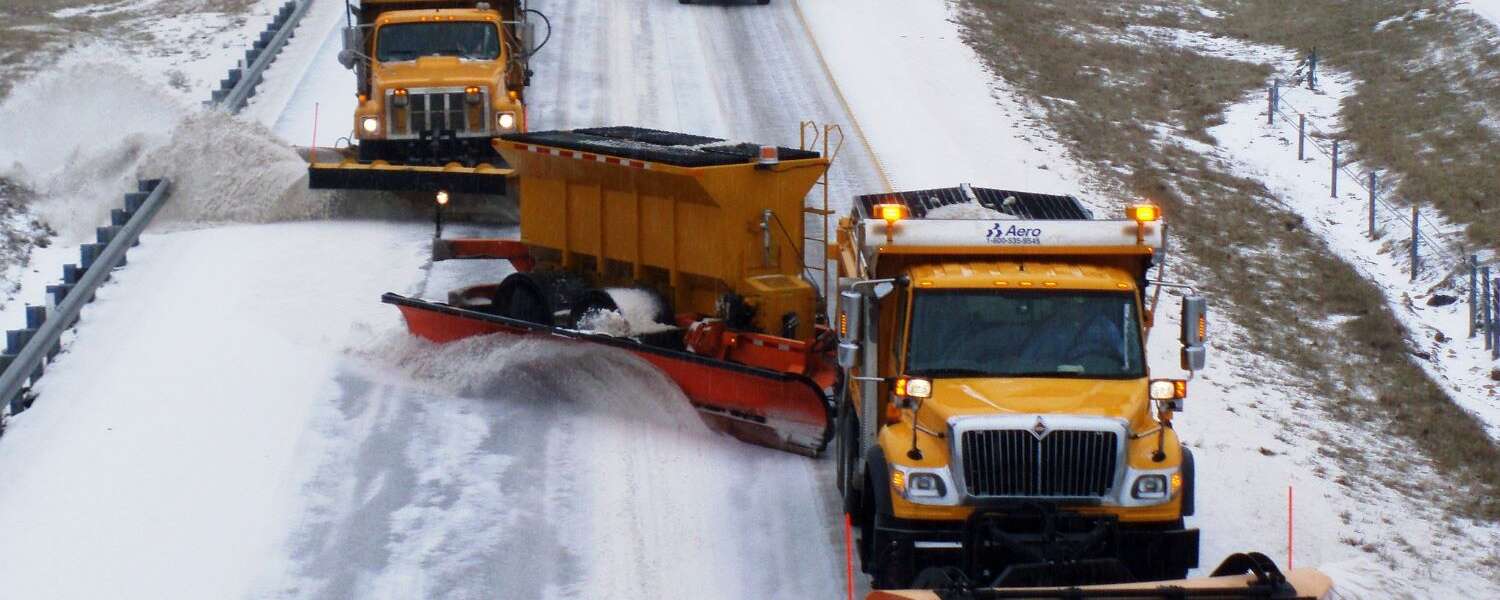Ahead of World Water Day, a University of Guelph toxicologist is urging researchers to invest in finding better alternatives to road salt to protect lakes and rivers.
“At the moment, there are no great alternatives to road salt, which we know is damaging to freshwater ecosystems and comes with a high environmental cost,” says Dr. Ryan Prosser, a professor in the School of Environmental Sciences at the Ontario Agricultural College.

“I haven’t really heard of any promising alternatives and there isn’t a lot of research being supported to discover any.”
Prosser researches ecotoxicology, ecological risk assessment and aquatic toxicology, including the risks posed to freshwater mussels from road salt runoff.
The focus of this year’s World Water Day, held every March 22, is to accelerate change to solve the water and sanitation crisis. That includes a call to stop polluting freshwater.
Prosser says road salt and its damage to freshwater waterways is well studied, but the substance remains a popular de-icing tool because it’s relatively inexpensive and it works. Those factors make salt easy to overuse.
“It is overused to err on the side of safety or ensure the appearance of safety,” says Prosser, pointing to commercial property owners who might choose to apply more salt than necessary to avoid accusations of not properly de-icing walkways or roads on their property.
More salt on roads can increase salinity of nearby freshwater ecosystems, Prosser says. While the salt may be diluted by the time it reaches a river or lake, it can still cause damage.
“The problem is that the water coming off the road can be so salty it’s not diluted enough when it enters an aquatic ecosystem, meaning it can have an adverse effect to fish, aquatic insects and plants, which have evolved to live in freshwater, not salt water,” he explains.
Alternatives to salt can be just as toxic
Alternatives to road salt, like wood chips and brine, are being explored but they can be just as harmful. One proposed alternative, beet juice, is one of the more toxic choices, says Prosser.
“It can be just as toxic as road salt because it has a relatively large amount of potassium, which is actually more harmful to freshwater critters like mussels,” says Prosser.
The sidewalk or driveway salt that homeowners use is just as toxic as salt used on the roads.
“Homeowners could use sand or some other type of grit or try to use only the amount of salt required to keep their sidewalks or driveways clear of ice,” adds Prosser. “But there are no great alternatives.”
He says more research is needed to find road salt alternatives and to determine how much road salt is needed to de-ice roads and sidewalks.
“There is an environmental cost to road salt that has not fully worked into our decision-making,” he says.
Prosser is available for interviews.
Contact:
Dr. Ryan Prosser
prosserr@uoguelph.ca
